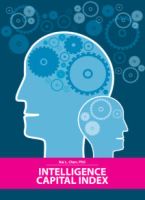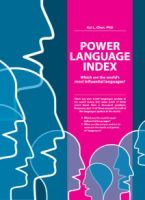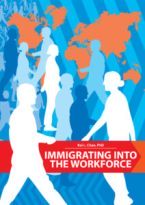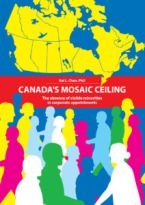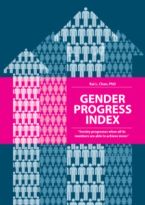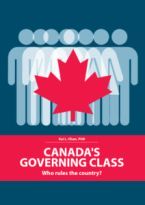
Managing in today’s economy
At Institute of Management Technology Dubai, a panel of experts discussed management strategies for today’s economy
BY JEANETTE TEH | COMMENT | PUBLISHED: 28TH MARCH 2016 AT 12:53
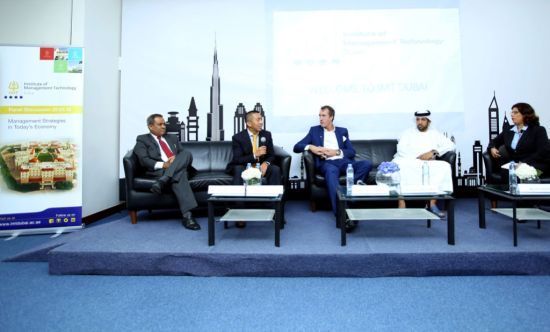
Navigating the current times of uncertainty with low oil prices, a slowdown in economic growth, and geopolitical crises can provide challenges for management.
At Institute of Management Technology Dubai last Tuesday, a panel of experts discussed management strategies for today’s economy.
Global slowdown and its impact on corporate strategy
The average growth rate in 2016 for the world is less than 3 per cent, with all countries growing at a slower pace than the previous year, including China whose slowdown will have effects reverberating across the globe.
DP World director of global operations Patrick Bol described the current state of affairs as one wrought with ambiguity and uncertainty where markets act in a way that cannot be easily understood with data, and complexity is characterised by a new way of thinking that presents both challenges and opportunities.
Within this global economic framework, IMT Dubai director Dr Rakesh Singh advised corporations to address strategic issues on three different levels:
- Managing macro-economic fundamentals into corporate strategy. It was also advocated during the panel discussion that companies run businesses in a manner agile enough to respond quickly to these economic changes.
- Using the downturn as an opportunity to properly manage operational and financial strategies. Include some financial engineering and correct issues within the supply chain, which can bring balance into the overall corporate strategy.
- Be ready to capture opportunities in this market. It is crucial for companies to be innovative and mobilise on opportunities such as making acquisitions when borrowing rates are low or expanding into different markets due to lower costs of transportation.
Snapshot of the UAE Economy
Economist and INSEAD distinguished fellow Dr Kai Chan, who also advises the UAE government on national competitiveness, has a more positive outlook for the country.
He believes that we have reached a nadir on oil prices, and given a recent report indicating that there is less over-supply than previously thought, oil price recovery will likely be on the stronger side of forecasts.
Furthermore, oil accounted for less than a third of national gross domestic product in 2014, a figure that is now likely to be closer to 20 per cent given the lower prices. Coupled with investment in human capital, it is this diversification that has led us to a service-based economy, driven in large part by the talent attracted to the country.
Dr Chan described how the UAE government has also been strategic in investing in infrastructure projects to fill the gaps when the private sector is not as robust. This acts like an automatic stabiliser for the economy, creating jobs and positive economic impact for the country, he said.
In addition, he explained that the government, armed with many different key performance indicators and benchmarks, is moving towards developing a knowledge-based economy, including knowledge-based manufacturing skills which can be easily transferred to other sectors.
HR as a strategic business partner
In these changing times, the role of human resources and the management of people too has to change.
Tanfeeth CEO Suhail Bin Tarraf emphasised the importance of people in the organisation. For him, it is “people who drive organisations and not organisations that drive business. Every industry is a people business first and foremost”. He believes that there needs to be a strategic partnership between HR and the business units to plan strategically for human resource needs.
“HR is about engagement, motivation, and putting the right talent in at the right time. If I have the right number and set of people with the right skills, I don’t need to replace them in an economic downturn,” he commented.
Upgrading skills during the downturn
The importance of developing human capital has been described as a priority by the UAE’s leaders, including UAE minister of culture and knowledge development Sheikh Nahyan Bin Mubarak Al Nahyan who emphasised that human capital drives economic growth, particularly in a post-oil economy.
It is precisely during times of slow economic growth that more investment needs to be made in human capital. As IMT Dubai head of career services and corporate relations Michael Todd expressed, “when business is slow, it is an excellent time to conduct professional development for staff because during times of growth you want to focus on generating revenue.”
“It is also important for businesses to maintain a pipeline of fresh talent through internships that will allow for quick and easy absorption when things pick up; not to mention leveraging the ingenuity of youth which will bring in fresh perspectives and new ideas,” he added.

